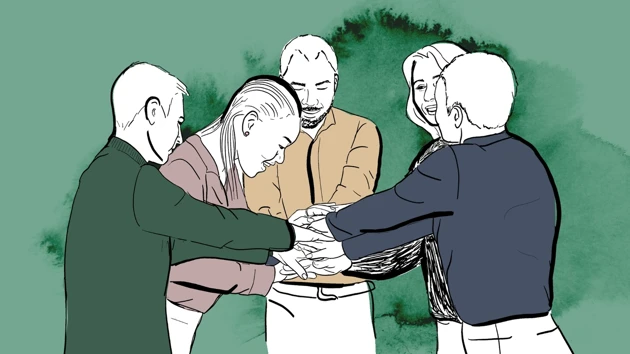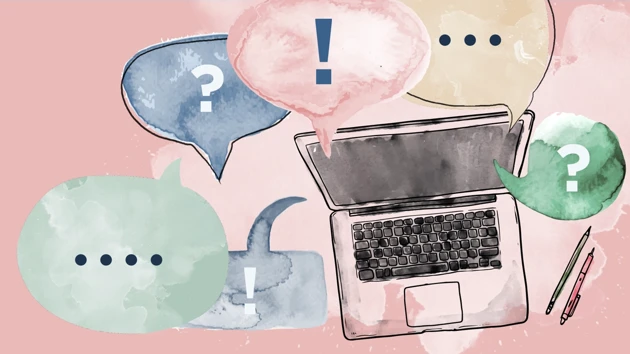Intellectual property rights of academic staff means that patentable inventions by an employed teacher in the course of their duties are not covered by the Act on the Right to Claim Employee Inventions (1949:345).
Umeå University has the right to use your results, even those that cannot be protected by patents, that have derived within the regular activities of your employment. This is called the rule of thumb and usually refers to results being used in university teaching and non-commercial research.
Read more about patents and copyrights
Doctoral students and technical or administrative staff
The intellectual property rights of doctoral students and technical and administrative staff (T/A staff), such as research engineers or project assistants, are not covered by the intellectual property rights of academic staff because doctoral students are not employed as teachers. The University may therefore have the right to claim their results but normally has no interest in doing so.
Rights to the results of research by doctoral students affect the doctoral student’s ability to continue conducting research on the results. Umeå University considers it important to protect the rights of doctoral students to their results. The way a doctoral student may use their results can impact their opportunities for continuing to conduct research on the results. As such, Umeå University is very careful to ensure that the rights of doctoral students to findings are protected in cooperation agreements with external parties.
Externally employed doctoral students and the Industrial Doctoral School
Some doctoral students are employed externally and doctoral students in the Industrial Doctoral School can be employed by the company at which the doctoral project is being run. In these cases, the right to the doctoral student’s results is determined by the applicable rules for employment at the company. The company may have the right to claim the findings as per the Act on the Right to Claim Employee Inventions (1949:345). Collective agreements also regulate this. In these types of collaborations, the University needs to ensure access to and use of findings in future research and education through an agreement with the employer.
Technical and administrative staff who participate in research
If you are employed as technical and administrative staff and would like to commercialise a finding, you may need a letter in which the University describes what interests, if any, it has in the findings, known as a “fribrev”. The University is usually only interested in obtaining the right of use to findings in its area of activity and for its normal activities.
Contact Umeå universitet Holding AB or the University's Legal Affairs Office at universitetsjurist@umu.se for help drawing up a fribrev.
Secondary employment
Commercialising results by starting a company means that you have secondary employment. It is important to clearly separate secondary employment from your regular duties at the University. Once a year, teaching staff and employees are to submit a report on their secondary employment.
Read more about reporting secondary employment on Aktum (UMU ID required)
When you have secondary employment, it is also important that your actions do not risk causing conflicts of interest. The page on Conflicts of interest, bribery and corruption provides more information about what could constitute a conflict of interest.
Visit Aktum for more information about conflicts of interest, bribery and corruption (UMU ID required)


